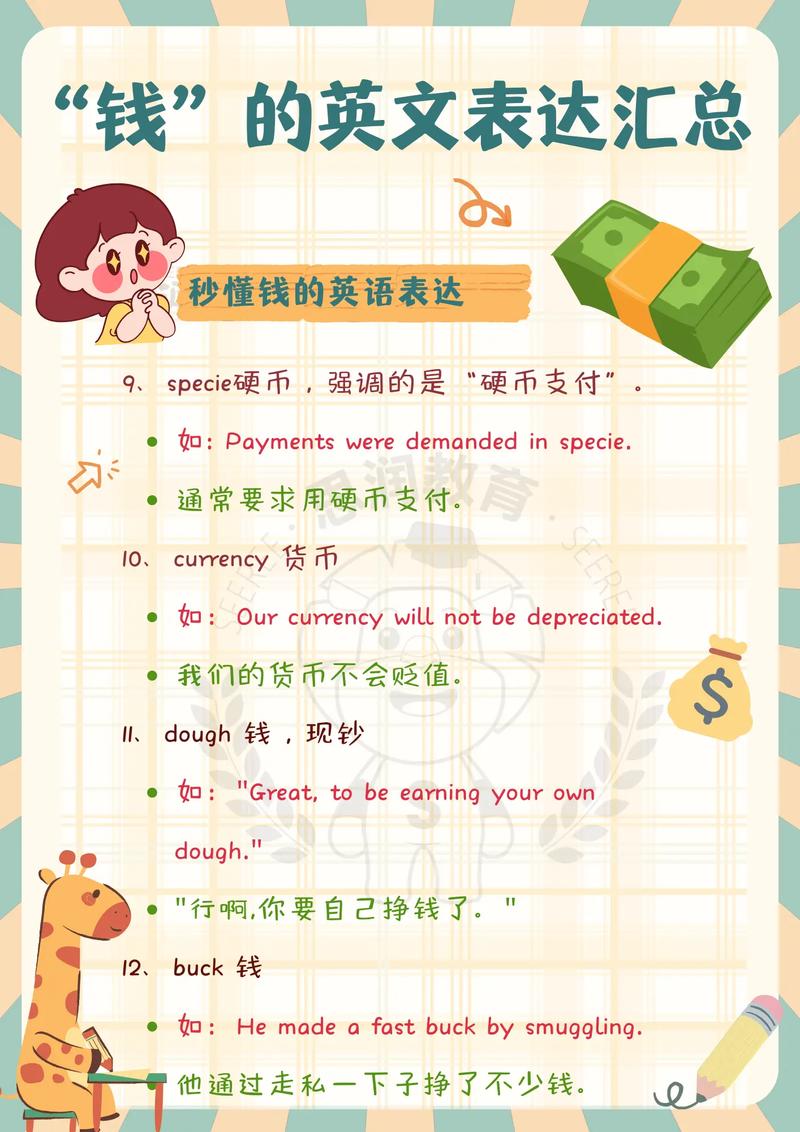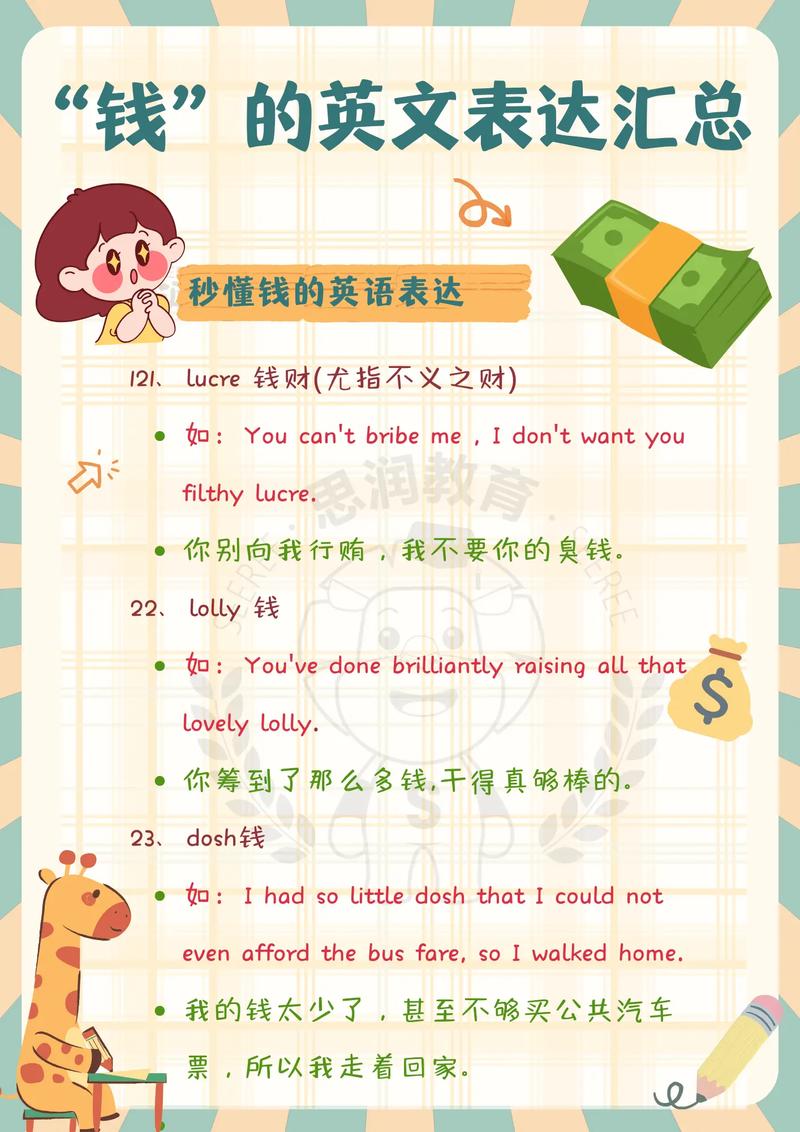Understanding Candlestick Charts
Candlestick charts are a popular tool used by traders and investors to analyze financial markets. They provide a visual representation of price movements over a specific period of time. By understanding how to read candlestick charts, you can make more informed decisions when trading or investing in stocks, currencies, or commodities.
Basics of Candlestick Charts
A candlestick chart consists of a body and two “wicks” or “tails.” The body represents the opening and closing prices, while the wicks show the highest and lowest prices reached during the trading period. The color of the body indicates whether the market closed higher (green or white) or lower (red or black) than it opened.

Reading the Body
The body of a candlestick chart is the largest part of the candle. If the body is green or white, it means the closing price was higher than the opening price. Conversely, if the body is red or black, the closing price was lower than the opening price. The length of the body can also provide insights into the strength of the price movement.
Understanding the Wicks
The wicks, or tails, of a candlestick chart represent the highest and lowest prices reached during the trading period. The length of the wicks can indicate the volatility of the market. Longer wicks suggest a wider price range and potentially higher volatility, while shorter wicks indicate a more contained price range and lower volatility.
Types of Candlestick Patterns
Candlestick charts come in various patterns, each with its own meaning and implications for trading. Here are some common patterns:
| Pattern | Meaning |
|---|---|
| Bullish Engulfing | Indicates a strong bullish trend, suggesting that the market may continue to rise. |
| Bearish Engulfing | Indicates a strong bearish trend, suggesting that the market may continue to fall. |
| Doji | Indicates uncertainty in the market, suggesting that the trend may reverse. |
| Hammer | Indicates a potential bullish reversal, suggesting that the market may start to rise. |
| Hanging Man | Indicates a potential bearish reversal, suggesting that the market may start to fall. |
Combining Candlestick Charts with Other Indicators
While candlestick charts are a powerful tool on their own, they can be even more effective when combined with other technical indicators. For example, combining candlestick patterns with moving averages can help confirm trends and identify potential entry and exit points. Similarly, using oscillators like the Relative Strength Index (RSI) can help identify overbought or oversold conditions.

Practical Tips for Using Candlestick Charts
Here are some practical tips for using candlestick charts effectively:
- Practice reading candlestick charts regularly to become more familiar with the patterns.
- Combine candlestick charts with other technical indicators for a more comprehensive analysis.
- Be aware of the time frame you are analyzing. Short-term patterns may not be as reliable as long-term patterns.
- Stay disciplined and avoid making impulsive decisions based on a single candlestick pattern.
Conclusion
By understanding how to make money with candlestick charts, you can gain valuable insights into the financial markets and make more informed trading and investment decisions. Remember to practice regularly, stay disciplined, and combine candlestick charts with other technical indicators for the best results.


